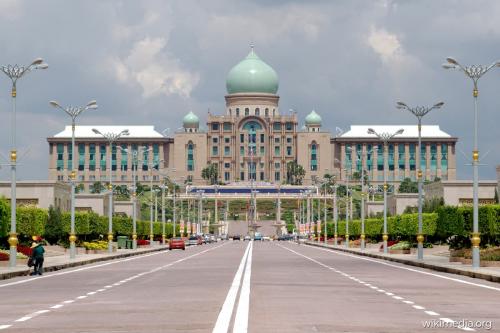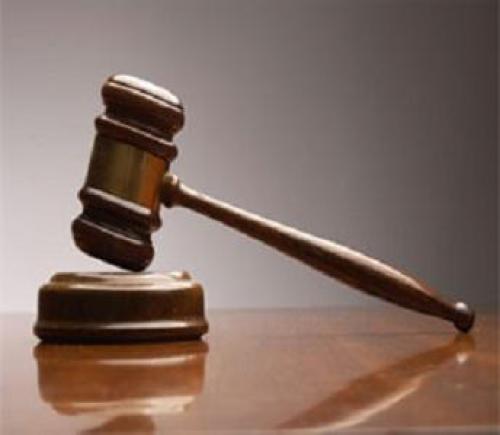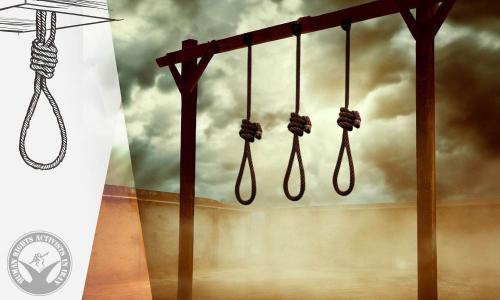international treaties on human rights and the death penalty:International Covenant on Civil and Political Rights
1st Optional Protocol to the Covenant
Convention on the Rights of the Child
Convention Against Torture and Other Cruel, Inhuman or Degrading Treatment or Punishment
African Charter on Human and Peoples' Rights
Statute of the International Criminal Court (which excludes the death penalty)
situation:The death penalty has been in Ghana’s statute books since the inception of English common law in the country in 1874.Ghana still retains the death penalty for armed robbery, treason and first-degree murder.
There have been no executions since July 1993, when 12 prisoners convicted of robbery and murder were executed by firing squad. However, death sentences continue to be imposed.
In 2016, according to information of the Ghana Prisons Service, 17 new death sentences were imposed. At the end of the year, 148 people were under sentence of death. Some of them have been on death row for as long as 10 years. In 2015, according to the Ghana Prisons Service, 18 people were sentenced to death for murder. In 2014, the death sentences were 9 and 14 in 2013. As of 31 December 2015, there were 137 people on death row, including 3 women and 7 foreigners. Some of them have been on death row for as long as 10 years.
On 15 June 2012, the White Paper on the Report of the Constitution Review Commission was made public with a Gazette notification. The Government of Ghana, among many others, accepted the Commission’s recommendation to abolish the death penalty, replacing it with life imprisonment. “The sanctity of life is a value so much engrained in the Ghanaian social psyche that it cannot be gambled away with judicial uncertainties,” declares the White Paper, signed by John Evans Atta Mills, President of the Republic of Ghana. A five-member Implementation Committee was set up with the mandate to implement the recommendations accepted by the Government. The Constitution Review Commission was inaugurated by President Mills on 11 January 2010 to undertake a consultative review of 1992 Constitution, and on 20 December 2011 it submitted its Report to the President, who thanked the Commission for the work done.
On 17 March 2014, the Constitution Review and Implementation Committee (CRIC) submitted a draft bill for the amendment of entrenched provisions in the 1992 Constitution to the Attorney-General and Minister of Justice, the Chairman of the CRIC, Professor Emmanuel Victor Oware Dankwah, said in an interview with the Daily Graphic in Accra. The draft bill calls for the abolition of the death penalty and asks for it to be substituted with life imprisonment. It also asks that the prerogative of mercy should not be extended to people who have committed high treason, treason, genocide, murder or narcotic offences, except in circumstances determined by a medical board. The submission of the draft bill paves the way towards the conduct of a referendum to decide whether or not Ghanaians are in favour of the amendments to the Constitution. From the Attorney-General, the bill is expected to be submitted to the Cabinet for discussion, after which it will be referred to Parliament and later to the Council of State. The bill will then be sent back to Parliament for it to give its approval for the conduct of the referendum. The referendum is likely to be held concurrently with the district assembly elections in November 2014, Prof. Dankwah noted. Forty per cent of the electorate is required to participate in the referendum and 75 per cent of that figure is required to vote in favour of the amendment before the President gives accent to it.
On 1 July 2013, President John Dramani Mahama granted amnesty to 870 prisoners to commemorate the 53rd Republic Anniversary in accordance with Article 72 of the Constitution of Ghana and based on the criteria laid down by the Prisons Service Council. About 33 prisoners who had been on the death row and served ten years and more, have had their sentences commuted to life imprisonment. Another 20 people, who were serving life sentences and have served at least 10 years and above, have had their sentences commuted to a defined term of 20 years. He was the Vice President of Ghana from 2009 to 2012, and he took office as President on 24 July 2012 following the death of his predecessor, President John Atta Mills. He was elected to serve his first term as president in December 2012 election.
On 23 July 2014, a statement issued by Deputy Minister of the Interior James Agalga said President John Dramani Mahama of Ghana had granted amnesty to 1,104 prisoners in commemoration of 54th Republic Anniversary which fell on July 1. Twenty-one prisoners on death row who had served at least 10 years had their sentences commuted to life, while 71 prisoners serving life sentences and who had served at least 10 years had their sentences commuted to a definite term of 20 years. The President exercised his prerogative of mercy under Article 72 of the Constitution and acted upon the advice of the Council of State and the recommendation of the Ghana Prison Service. The statement said 1,001 first offenders, who had served at least half of their sentences, were recommended for outright release. The amnesty included nine seriously ill prisoners who were released on medical grounds. Another prisoner serving at the President’s pleasure was recommended by the Medical Board for outright release, and one prisoner was released upon special recommendation. “It is important to note that those recommended for outright release have already been freed by the prison authorities,” the statement added.
On 1 July 2015, President John Dramani Mahama granted amnesty to another 900 prisoners to commemorate the 55th Republic Anniversary. Fourteen death row inmates had their sentence reduced to life imprisonment.
President Mahama’s clemency measure was part of a long series of amnesties granted by his predecessors, especially by President John Kufuor, devoted Catholic and known as “the good giant of Africa.” In June of 2003, President Kufuor had granted amnesty to 179 prisoners who had served at least 10 years on death row. On 6 March 2007, in celebration of the 50th Anniversary of National Independence, President Kufuor commuted 36 death sentences to life imprisonment. On 1 July 2007, President Kufuor pardoned hundreds of prisoners for humanitarian reasons, including seven who had their death sentences commuted to life imprisonment. On 7 January 2009, his last day in office as President of Ghana, John Kufuor pardoned more than 500 prisoners. All convicts sentenced to death had their terms commuted to life and anyone on death row who had already served 10 years had their sentence reduced to 20 years.
On 4 July 2016, President John Dramani Mahama granted amnesty to another 896 prisoners to commemorate the 56
th Republic Anniversary and three perioners sentenced to death had the penalty commuted to life imprisonment. Another was exonerated.
The death penalty on women
Ghana has ratified the Protocol to the African Convention on Human and Peoples’ Rights on the Rights of Women in Africa, which prohibits the execution of pregnant women and of nursing mothers. The Criminal Procedure Code provides that when a woman is convicted of an offense punishable by death and is shown to be pregnant, the trial court (or Supreme Court) shall pass a sentence of life imprisonment.
In Ghana, as of 10 October 2016, there were 3 female out of a total of 137 prisoners on death row, according to the Prison Service.
United Nations On 23 October 2012, Ghana was reviewed under the Universal Periodic Review of the UN Human Rights Council. On 14 March 2013, Ghana rejected the recommendations related to abolition of the death penalty. Hannah Nyarko, Deputy Permanent Representative of Ghana to the United Nations Office at Geneva, said the death penalty was an entrenched provision in the Constitution and could only be changed by the people of Ghana, and the Government could not impose an official moratorium prior to a referendum. Unless and until an issue was sufficiently advanced in the moral consciousness of the citizenry and an unequivocal demand was made, any action counter to this would be counterproductive.
On December, 19 2016, Ghana was abstained in 2014, 2010, 2008 and 2007 during the vote on the Resolution on a Moratorium on the Use of the Death Penalty at the UN General Assembly. In December 2012, Ghana was absent.
On 29 September 2017, Ghana abstained on the Resolution on the death penalty (L6/17) at the 36° session of the UN Council on Human Rights.








